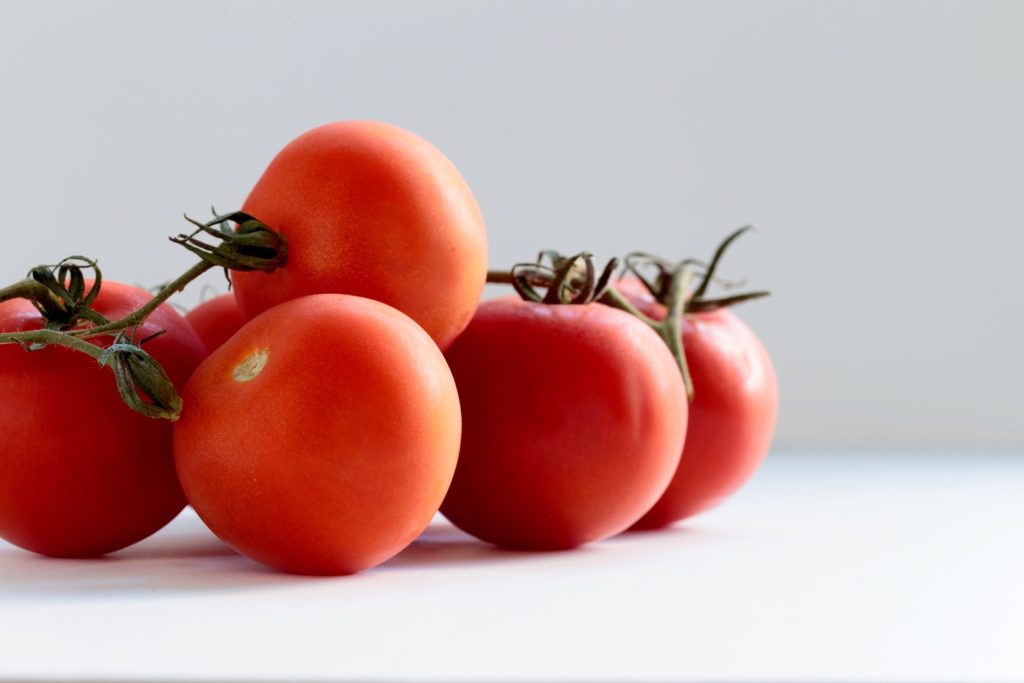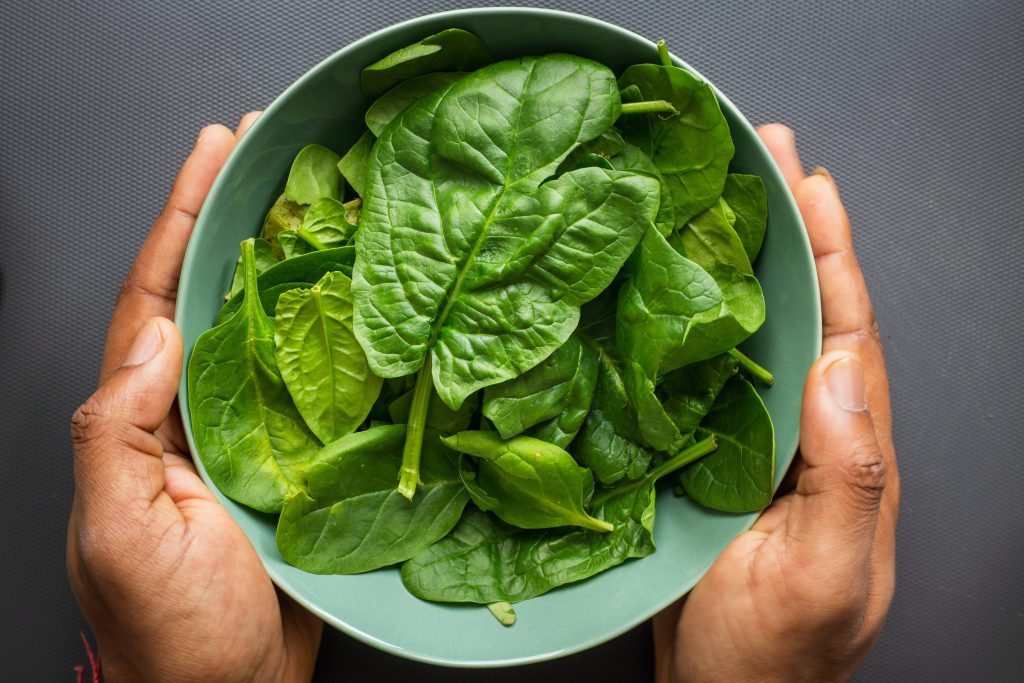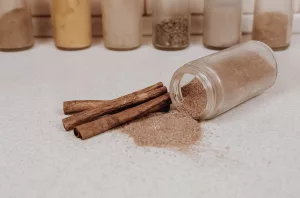Are you bloated all the time? Let’s discover the causes and the superb foods to help prevent bloating.
Constipation and gas typically go hand in hand with bloating, making it one of the most common health issues. There are certain foods that, when consumed, can help alleviate bloating and improve discomfort in the gastrointestinal (GI) tract.
Constipation, indigestion, and gas are three common conditions that can lead to bloating. Concentrating on resolving these issues may help reduce the sensation of fullness.
Table of Contents
Consuming sufficient amounts of fiber-rich plant meals is one strategy for reducing the symptoms of constipation. Whole grains, fruits, and vegetables are all examples of these types of foods. However, since adding an excessive amount of fiber to the diet in a short amount of time might create bloating, nutritionists recommend incorporating fiber into the diet in a manner that is slow and steady.
Consuming foods like kefir and kimchi, which are rich in probiotic bacteria, can help to support gut health. This might alleviate some of the discomforts and even help prevent them.
In addition to consuming nutritious foods, maintaining a balanced fluid intake can also aid in warding off constipation and the retention of water.
Reduce Bloating With The Help of These Foods
1. Oranges
Oranges are a wonderful source of fiber and water, both of which can assist in reducing the risk of developing water retention and in encouraging regular bowel movements. Vitamin C in them may boost gut bacterial health.
2. Bananas

Bananas are an excellent source of fiber, and they also include potassium, which, in addition to preventing water retention, can assist in controlling salt levels.
It was discovered that ladies who consumed a banana twice a day had significantly reduced bloating compared to those who did not consume bananas.
According to the scientists, the findings suggest that eating bananas on a daily basis may encourage the establishment of a type of gut bacteria that is good.
3. Pineapples
Bromelain is a type of enzyme that may be found in pineapples, which also have a Trusted Source content of 1.4 grams (g) of fiber per serving. Despite the fact that there has been a relatively little study conducted on its effectiveness, this enzyme is frequently utilized in traditional medicine to address stomach issues.
4. Berries
Berries have 2.1 grams of fiber in each serving, which is beneficial for the health of the digestive tract. They are also a fantastic source of antioxidants, which are known to benefit gut health when consumed regularly.
5. Papayas
Papayas can be used in the home as a treatment for digestive issues such as bloating and gas. Papaya supplements and placebos were tested in the 40-day research. It was discovered that those participants who consumed papaya had a lower incidence of bloating and constipation.
6. Tomatoes

Tomatoes have prebiotics, which is a type of nondigestible meal that encourages the growth of beneficial bacteria in the digestive tract. Tomatoes include prebiotics that is useful for persons who suffer from illnesses such as Crohn’s disease, malabsorption, and a number of other conditions associated with bloating.
7. Lentils
Lentils, like other types of legumes, contain a significant amount of fiber. They are also rich in resistant starches, which are a type of carbohydrate that is resistant to digestion and adds to the health of the gastrointestinal tract.
8. Broccoli
A study conducted in 2017 on mice found that mice whose diet included broccoli had a higher ability to handle digestive difficulties than mice whose diet did not include broccoli.
The authors came to the conclusion that the vegetable includes a chemical that has the potential to assist preserve the health of the bacterial community found in the gut.
However, additional research conducted in humans is required to fully comprehend broccoli’s impacts.
9. Carrots
Carrots have a high level of vitamin A, which is essential for the maintenance of homeostasis in the gut and is found in high concentrations in carrots. According to research from Trusted Research Source, there is also evidence that the strains of good bacteria found in the gut are increased when dietary sources of vitamin A are consumed.
10. Celery
Celery has a significant amount of flavonoid called apigenin, which is found naturally in plants. According to the findings of the research, eating celery may help improve digestion by encouraging the growth and diversity of the bacteria that live in the digestive tract.
Check out other health benefits of celery.
11. Spinach

Spinach is a vegetable that is high in fiber and a trusted source of numerous nutrients. Research indicates that it may also enhance the population of the beneficial bacterial strain known as Lactobacillus that lives in the gut.
Final Thoughts
Fruits, vegetables, and whole grains are examples of foods that can alleviate bloating since they are rich sources of fiber and contain other nutrients that are beneficial to the digestive tract.
Eating slowly and consuming meals that are both smaller and more frequent are two more methods that can help prevent bloating. It may also be helpful to cut back on the number of carbonated beverages you consume and to refrain from gum chewing and sucking on hard candies.
People who are experiencing trouble controlling their bloating may choose to consult a healthcare expert for assistance. In the meantime, you can try these foods to prevent bloating.
You can also check out our Facebook and YouTube Pages for more plants and their health benefits.









3 thoughts on “Top 11 Remarkable Foods to Help Prevent Bloating”